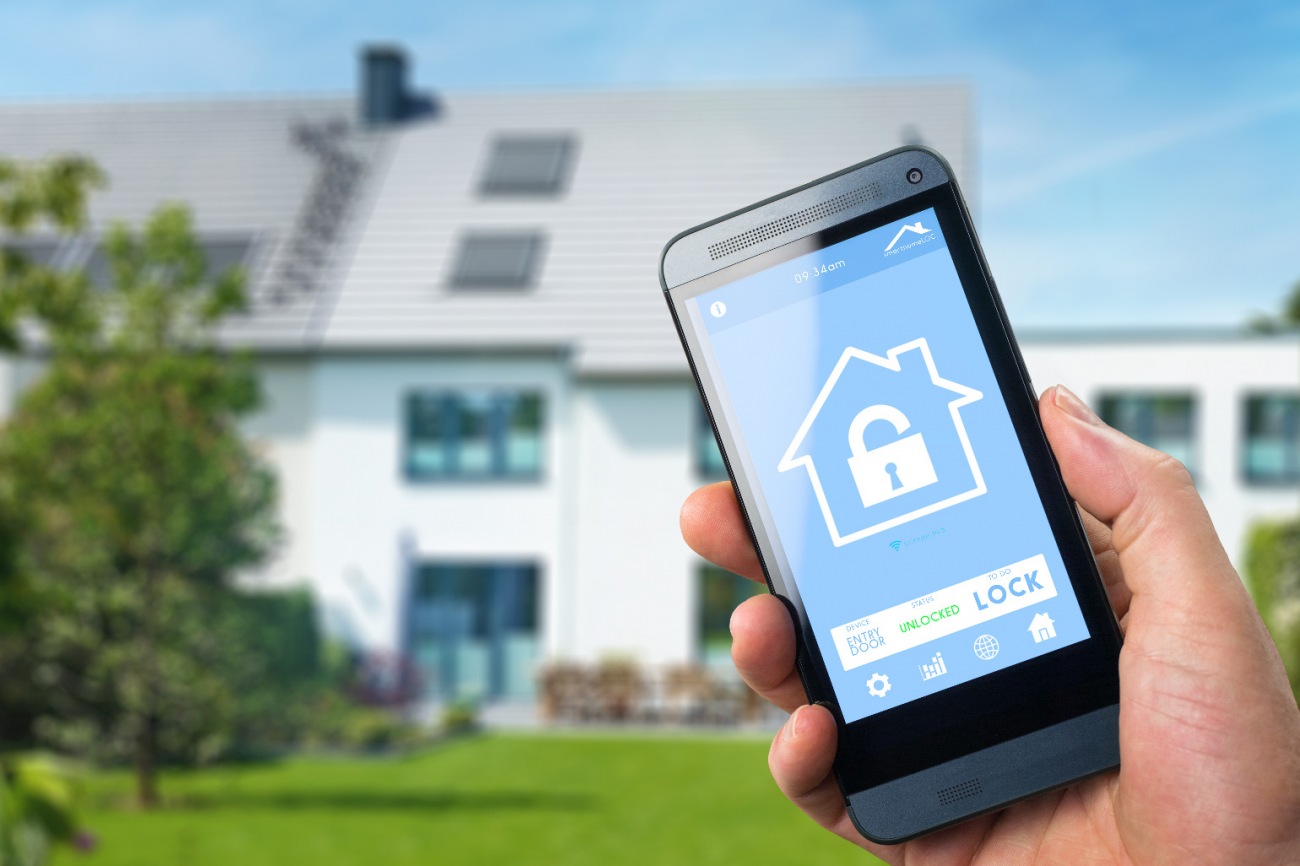The world of smart home technology is rapidly evolving, offering homeowners and businesses a plethora of options to enhance convenience, security, and energy efficiency. At the heart of this revolution are AI vs Non-AI smart home devices, each offering unique benefits and capabilities. In this article, we will delve into the differences between these two categories of devices, helping you make an informed decision that best suits your needs.

Understanding AI Smart Home Devices
AI smart home devices leverage artificial intelligence to learn from user behavior, adapt to changing conditions, and offer personalized experiences. These devices can anticipate your needs, optimize energy usage, and even communicate with other devices to create a seamless home environment. For example, AI-powered cleaning devices can map your home and adjust their cleaning paths based on obstacles and floor types.
One of the most significant advantages of AI devices is their ability to learn and improve over time. As these devices gather data about your preferences and habits, they become more efficient and effective in meeting your needs. This adaptability can lead to increased energy savings, enhanced security, and a more comfortable living environment.
Exploring Non-AI Smart Home Devices
On the other hand, non-AI smart home devices offer simplicity and reliability without the complexities associated with AI. These devices typically rely on pre-programmed settings and user inputs to function. While they may not offer the same level of personalization as AI devices, they can still provide significant benefits in terms of convenience and automation.
For homeowners and businesses looking for straightforward solutions, non-AI devices can be an excellent choice. They are often easier to set up and require less maintenance, making them ideal for those who prefer a more hands-off approach to home automation.
Comparing AI and Non-AI Devices: Key Considerations
Cost
One of the primary factors to consider when choosing between AI and non-AI devices is cost. AI devices typically come with a higher price tag due to their advanced capabilities and the need for ongoing software updates. However, the initial investment can be offset by the long-term savings these devices provide through energy efficiency and optimized performance.
Ease of Use
Non-AI devices are generally easier to use and set up, making them a popular choice for those who are new to smart home technology. AI devices, while more complex, offer a level of convenience and automation that can significantly enhance your daily life. It's essential to weigh the trade-offs between ease of use and the benefits of advanced technology.
Compatibility
When building a smart home ecosystem, compatibility is a crucial factor. AI devices often require a hub or platform to function optimally, while non-AI devices may operate independently. It's important to ensure that your chosen devices can work together seamlessly to avoid potential integration issues.
The Future of Smart Home Technology
As technology continues to advance, the line between AI and non-AI smart home devices is becoming increasingly blurred. New innovations are constantly emerging, offering enhanced capabilities and improved performance. For example, the integration of AI in smart lighting allows for dynamic lighting adjustments based on occupancy and natural light levels, creating a more energy-efficient and comfortable environment.
Additionally, AI-powered devices are becoming more accessible, with manufacturers focusing on developing user-friendly interfaces and affordable options. This trend is expected to continue, making AI technology an integral part of the modern smart home.
Making the Right Choice for Your Home
Ultimately, the decision between AI and non-AI smart home devices depends on your specific needs and preferences. Consider factors such as your budget, desired level of automation, and compatibility with existing systems when making your choice. By carefully evaluating your options, you can create a smart home environment that enhances your lifestyle and meets your unique requirements.
For those seeking guidance on setting up a smart home, resources such as TechRadar's smart home setup guide can provide valuable insights and tips.

FAQ
What are the main benefits of AI smart home devices?
AI smart home devices offer personalized experiences, improved energy efficiency, and enhanced security through their ability to learn and adapt to user behavior.
Are non-AI devices more reliable than AI devices?
Non-AI devices are often more straightforward and reliable, as they rely on user inputs and pre-programmed settings. However, AI devices offer advanced capabilities that can provide greater convenience and automation.
How do I choose between AI and non-AI devices for my smart home?
Consider factors such as cost, ease of use, compatibility, and desired level of automation when choosing between AI and non-AI devices. Evaluate your specific needs and preferences to make an informed decision.

